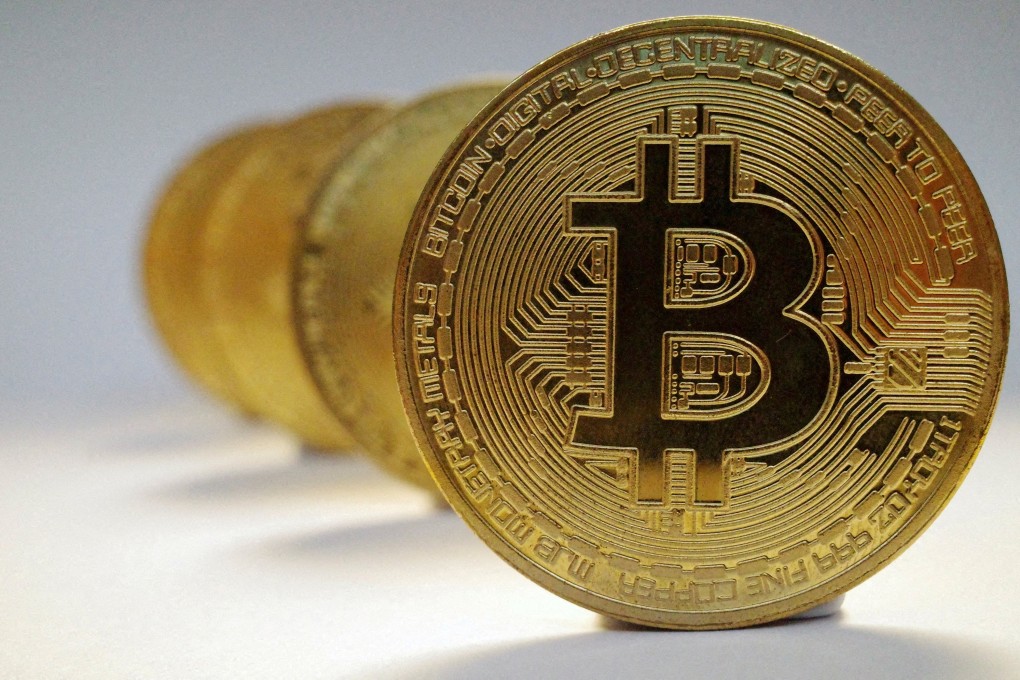China’s global share of bitcoin transactions drops to 10 per cent after cryptocurrency crackdown
- The central bank said it had curbed the ‘speculative culture of cryptocurrency trading domestically’, and that it would continue to monitor the situation
- As early as 2013, regulators had banned Chinese banks from dealing in bitcoin, which sold for less than US$1,000 at the time, a fraction of today’s US$41,000

China’s central bank said the country’s share of global bitcoin trades has fallen to 10 per cent from more than 90 per cent before its crackdown on the “speculative culture” of cryptocurrencies.
The People’s Bank of China (PBOC), which regards cryptocurrencies as a potential threat to financial security and capital controls, said the country's proportion of global bitcoin trading has dropped to 10 per cent from the peak of more than 90 per cent before Beijing turned hostile towards digital currencies.
The PBOC said it was an achievement in keeping “financial risks” at bay, as China had “effectively curbed the speculative culture of cryptocurrency trading domestically”. The central bank added that it would continue to monitor the “chaos of digital finance”, including cryptocurrencies and peer-to-peer lending, on a regular basis.
While bitcoin is seeing wider acceptance globally as an alternative investment, the Chinese government seems to have no regrets about banning it. As early as 2013, regulators had banned Chinese banks from dealing in bitcoin, which sold for less than US$1,000 at the time, a fraction of today’s value of nearly US$40,000.
In 2017, authorities banned all forms of capital raising through the issuance of digital tokens – referred to as initial coin offerings – forcing many Chinese cryptocurrency investors to shift their investments overseas.